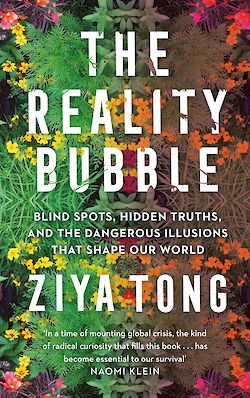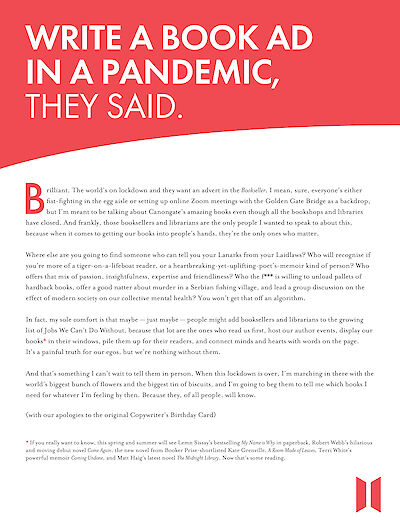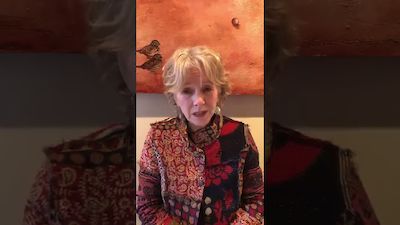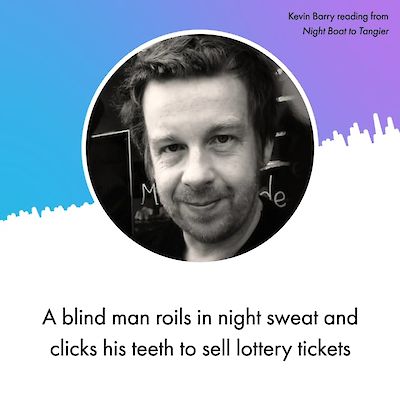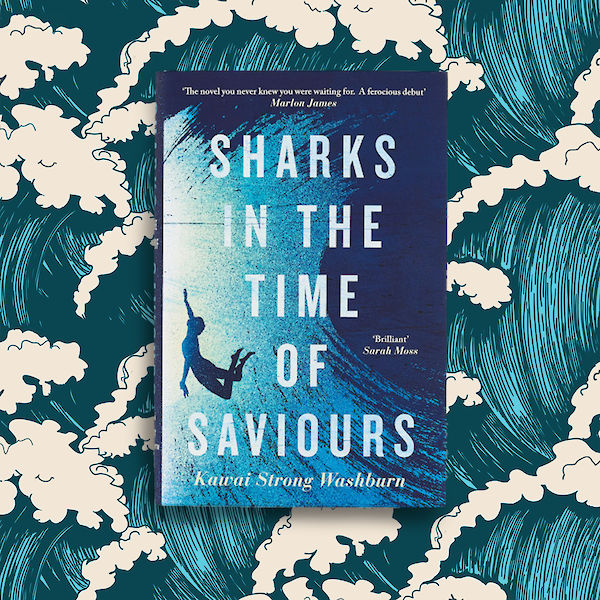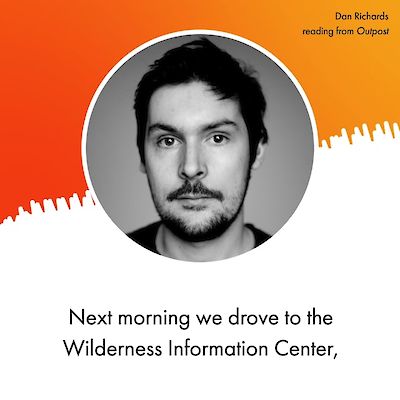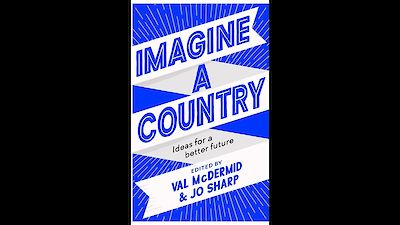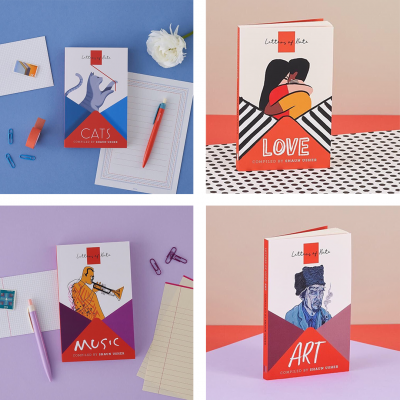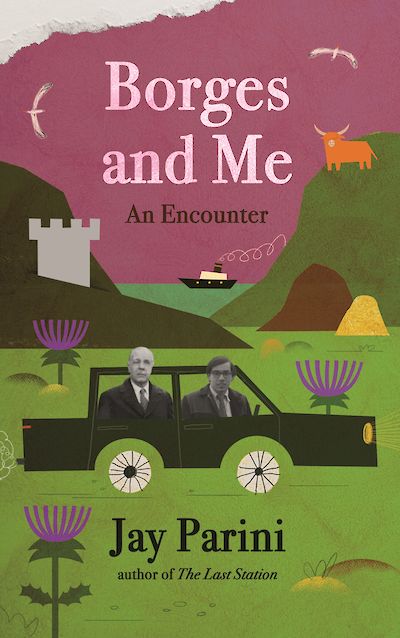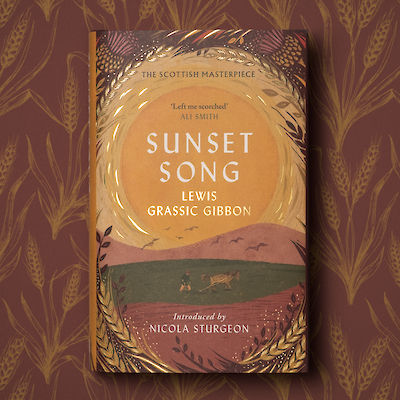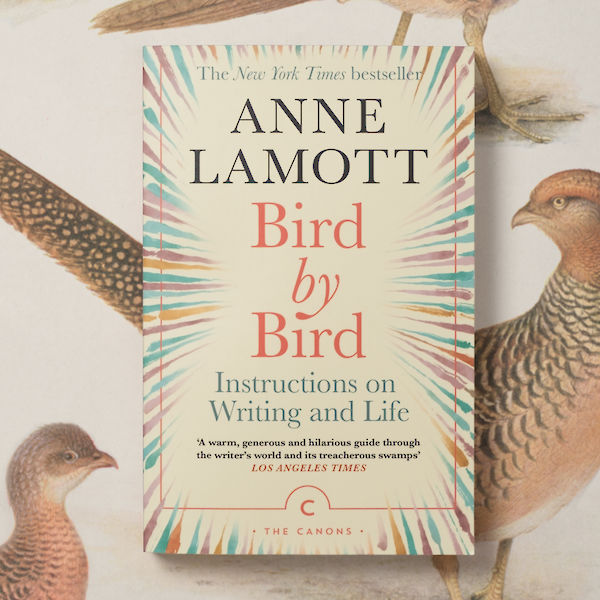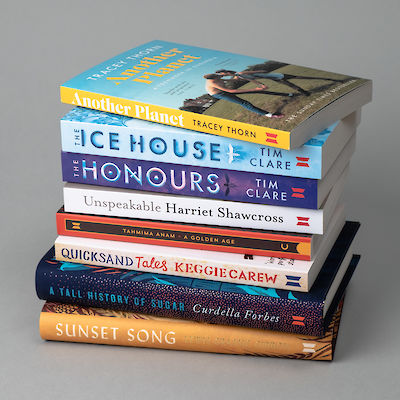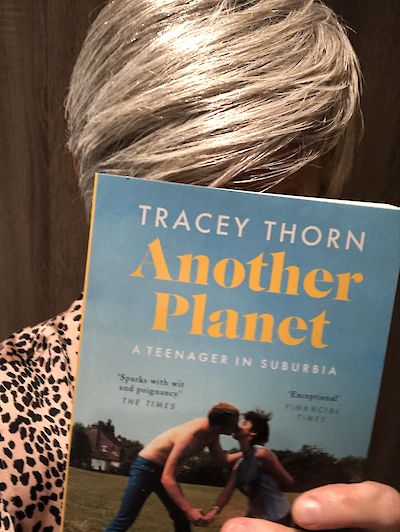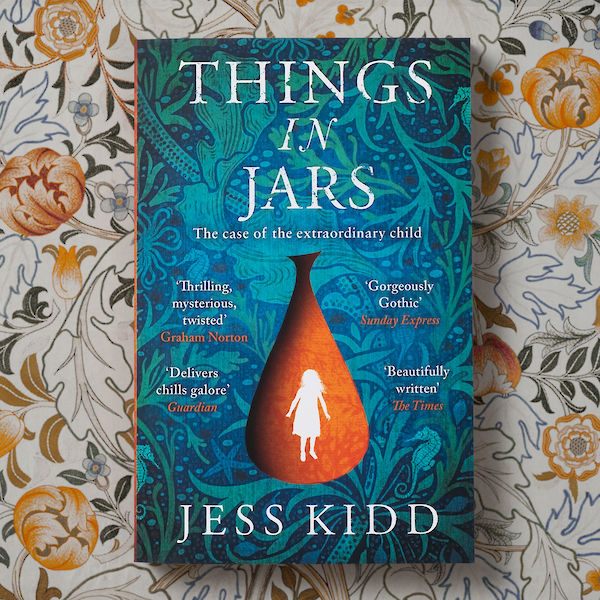
“My mood during the weeks before the operation was the kind of hysterical calm you’d expect from someone who’s just made an appointment to get hit by a lorry. I wandered quietly around the house downloading audiobooks and trying not to have a heart attack.”
Robert Webb – the author of the bestselling memoir How Not To Be a Boy and the new debut novel Come Again – wrote in the Observer about his very real, very close encounter with his own mortality.
Robert Webb
Observer
‘We’re here to talk about Webb’s debut novel, Come Again, a genre-defying time-travel tale — part adventure, part love story, part comedy, part dissertation on bereavement. It’s about a widow, Kate, whose husband, Luke, has dropped dead from a tumour that had been secretly growing in his brain since childhood. In the chaotic depths of heartbreak and despair, Kate awakes one day to find herself back in her old university halls bedroom. It is freshers’ week, she is 18 again, and here is her chance to remeet the undergraduate she will go on to marry and warn him about the time bomb in his head that, if left untreated, will kill him 28 years later. Come Again is a breathtakingly insightful evocation of grief.’
The Sunday Times
‘If you were ill and I couldn’t be with you, don’t worry, I would FaceTime, Zoom, Skype, phone, write letters, send videos and anything else I could think of to tell you how much I love you, and what an amazing mum you have been to me.’
Janie Brown is the author of Radical Acts of Love – a moving account of her conversations with the dying during her thirty years as an oncology nurse. She has joined the Letters Live campaign #ReadALetter, reading a letter she’s written to her mum.
Patience Agbabi speaks to Ian McMillan on BBC Radio 3’s The Verb about time travel, word play and autism in her debut children’s novel The Infinite. Listen to the conversation and a reading from Patience from 33 minutes in.
Maaza Mengiste speaks to Monocle’s Georgina Godwin about her new book, The Shadow King, which casts a light on the women who went to war in the late 1930s in Ethiopia, the country of Mengiste’s birth.
‘Would you say there’s any end in sight, Charlie?’ Two fading Irish gangsters are waiting on the boat from Tangier. A lover has been lost, a daughter has gone missing… The Booker-longlisted Night Boat to Tangier by Kevin Barry is out now in paperback.
“This is a lament for a lost London, one which used to be much wilder, darker and poorer … This book will help you see it through new eyes. It is a delight.
Nicholas Lezard
Evening Standard
Dan Richards discusses preparing for unexpected meetings with bears in this audio extract from Outpost.
The first step on the road to change is to imagine possibility. In Imagine a Country, Val McDermid and Jo Sharp have asked almost 100 contributors to imagine their dream country. From comedians to economists, writers to musicians, they’ve gathered an astonishing array of Scottish voices to present their vision for the future. In the special virtual Aye Write event, Val and Jo are joined by contributors Chris Brookmyre, Jackie Kay, Phil Jupitus, Stuart Cosgrove, Bill Sweeney and Louise Welsh, who each share their vision for a hopeful future.

Stranger than Kindness, the new collection from Nick Cave traces his transformation from Aussie teenager into an international artist. This book invites the reader into the innermost core of the creative process and paves the way for an entirely new and intimate meeting with the artist, presenting Cave’s life, work and inspiration and exploring his many real and imagined universes.
The Observer
The Observer
“We discovered that hope wasn’t to be found in wishing for miracles, but more in the decision to treasure all of the moments we had left, even the sad and difficult ones.”
Janie Brown
Marie Curie Talkabout
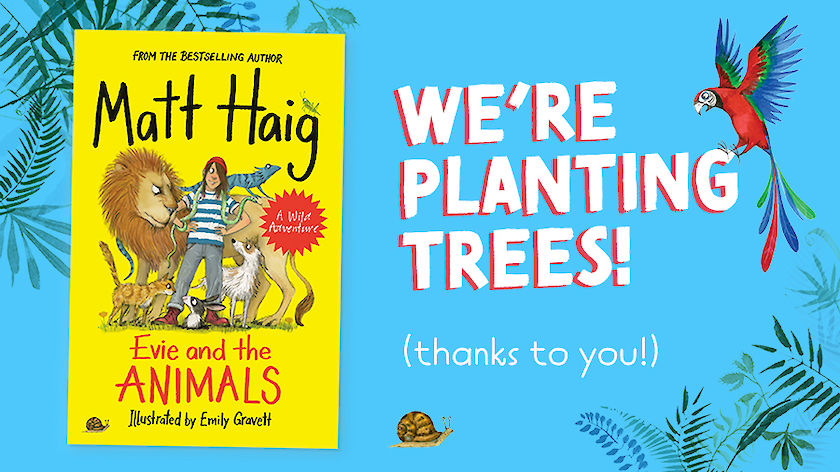
For every ten paperbacks of Matt Haig’s Evie and the Animals sold in its first month, we’re planting a tree in the Amazon Rainforest with the help of One Tree Planted!
